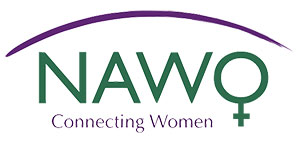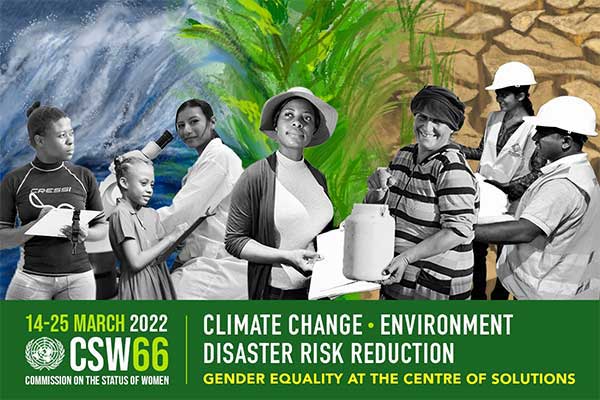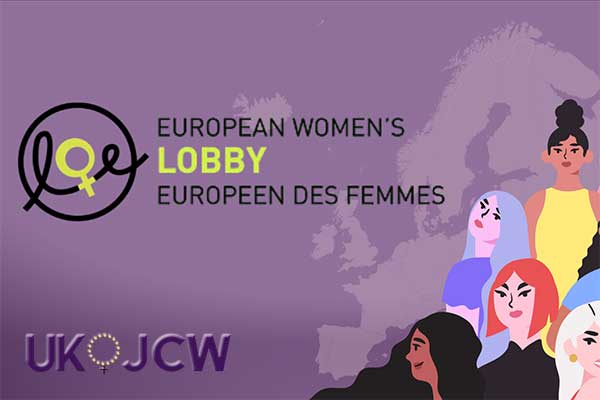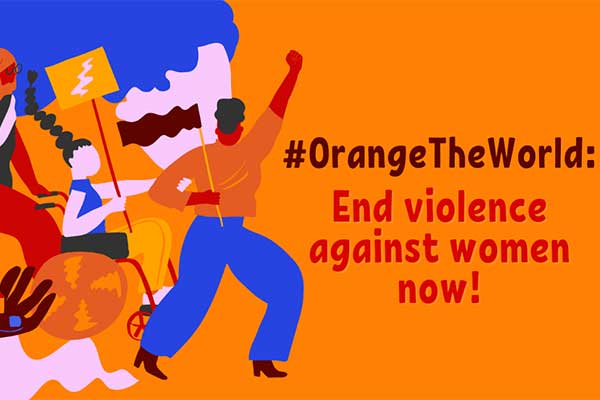
Debate over 5th World Conference on Women
On the 8th of March, 2012, the United Nations Secretary General, Ban ki Moon, and President of the General Assembly, Nassir Abdulaziz Al-Nasser, officially made a joint proposal for a Fifth World Conference on Women (5WCW) scheduled for the year 2015.
20 years after the last summit on women was held in Beijing where the influential Platform for Action, the 1995 agenda for women’s empowerment, was formed.
Aimed at monitoring the effectiveness of theBeijingplatform and reflecting on new emerging issues since 1995, the 5WCW has been called “collective accountability and recommitment to women’s rights and empowerment.”
According to the proposal, the 5WCW will not focus its energies on existing international laws and policies regarding women, but on deeply entrenched stumbling blocks that women and girls face that hinder their economic, political and social advancement. It also aims to focus on positive repercussions of laws and opportunities as well as celebrate the passing of political and historical achievements over the past couple of decades, such as laws concerning violence against women and girls, educational initiatives, mobilization of women and women’s groups in response to the AIDs crisis and the inception of UN Women, to name but a select array of successes. The proposition of the 5WCW however, has been met with mixed reviews from women’s rights organisations and activists.
It has been suggested by 5WCW mobilizer, Jean Shinoda Bolen, that it could act as “a rallying point that would raise consciousness and network women worldwide…at a time of transition…that addresses new and emerging issues affecting women since theBeijing Conference in 1995.” It is seen as the opportune event with which to create “a significant opportunity for citizens, women and men to robustly debate and reposition women’s rights and gender equality as central to the post Millennium Development Goals agenda”, as well as put the issue of women’s human rights back on the international schedule. It is also hoped that the 5WCW will strengthen the perceived fragmentation of the women’s movement and offer more durable solutions to create peace, harmony and equality for all women and girls.
Despite this however, there is a spectrum of opinions over the proposal. There are many who feel that such international conferences are both unnecessary and limited in their ability to incite positive change. It is feared that another World Conference for Women will simply discuss, and so perpetuate, existing problems, working only to create new language and rhetoric for deeply entrenched issues, but failing to promise genuine commitment to the cause. It is also feared that through the opening up of the debate, it would simply reiterate the failure of earlier agreements proposed by the UN framework as well as inciting a possible backlash on previously agreed international arrangements such as issues regarding sexual and reproductive rights.
Added on to this is the distinct lack of representation among women’s rights organisations and civil society as a whole to the conference. Women’s rights organisations, which have been sorely underrepresented in international discussions, have demanded full participation in the 5WCW, including promotion and where it is held, creating channels for tension and dispute.
If a 5th Women’s World Conference is to go ahead, NGOs have stressed the importance of including grassroots representation in the form of both female and male youth in a bid to raise awareness of gender discrimination and suggest practices to overcome it. Female representation from all walks of life, including Diaspora, ethnic, rural and marginalized women’s organisations must also be included in to the debate, not just a select array of intellectuals and those in power.




